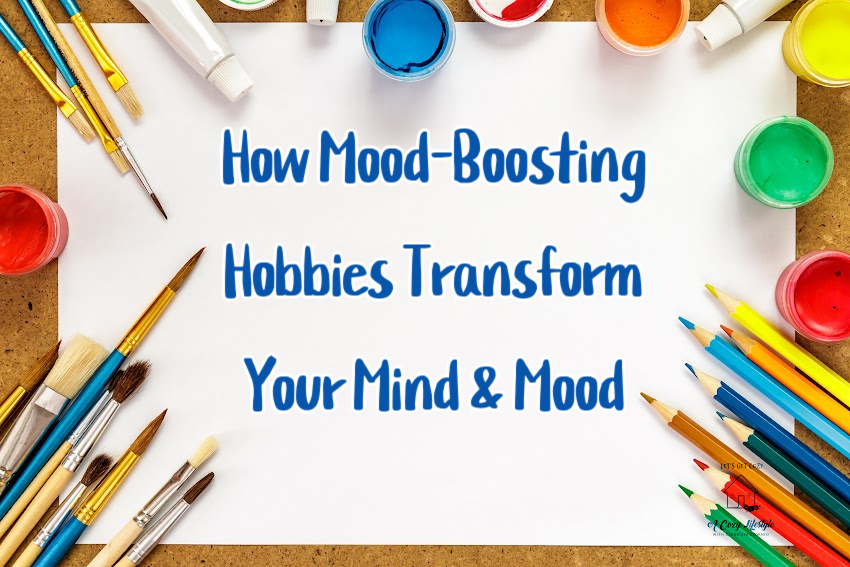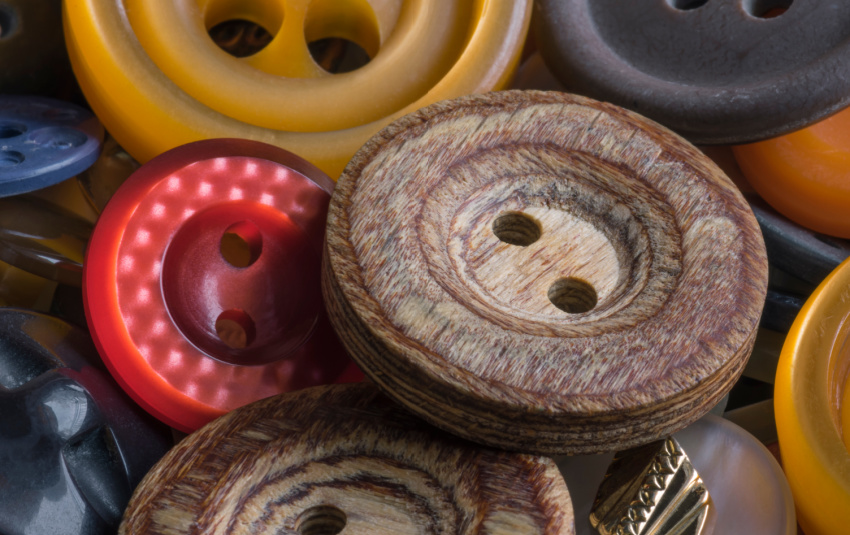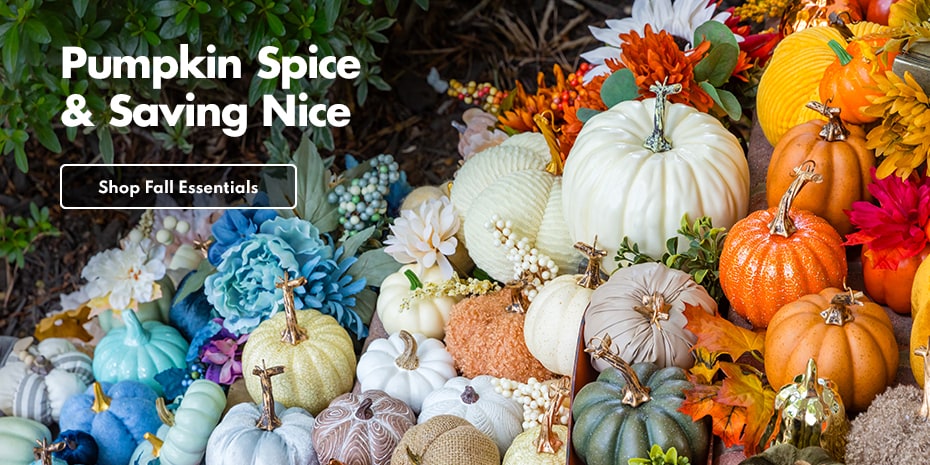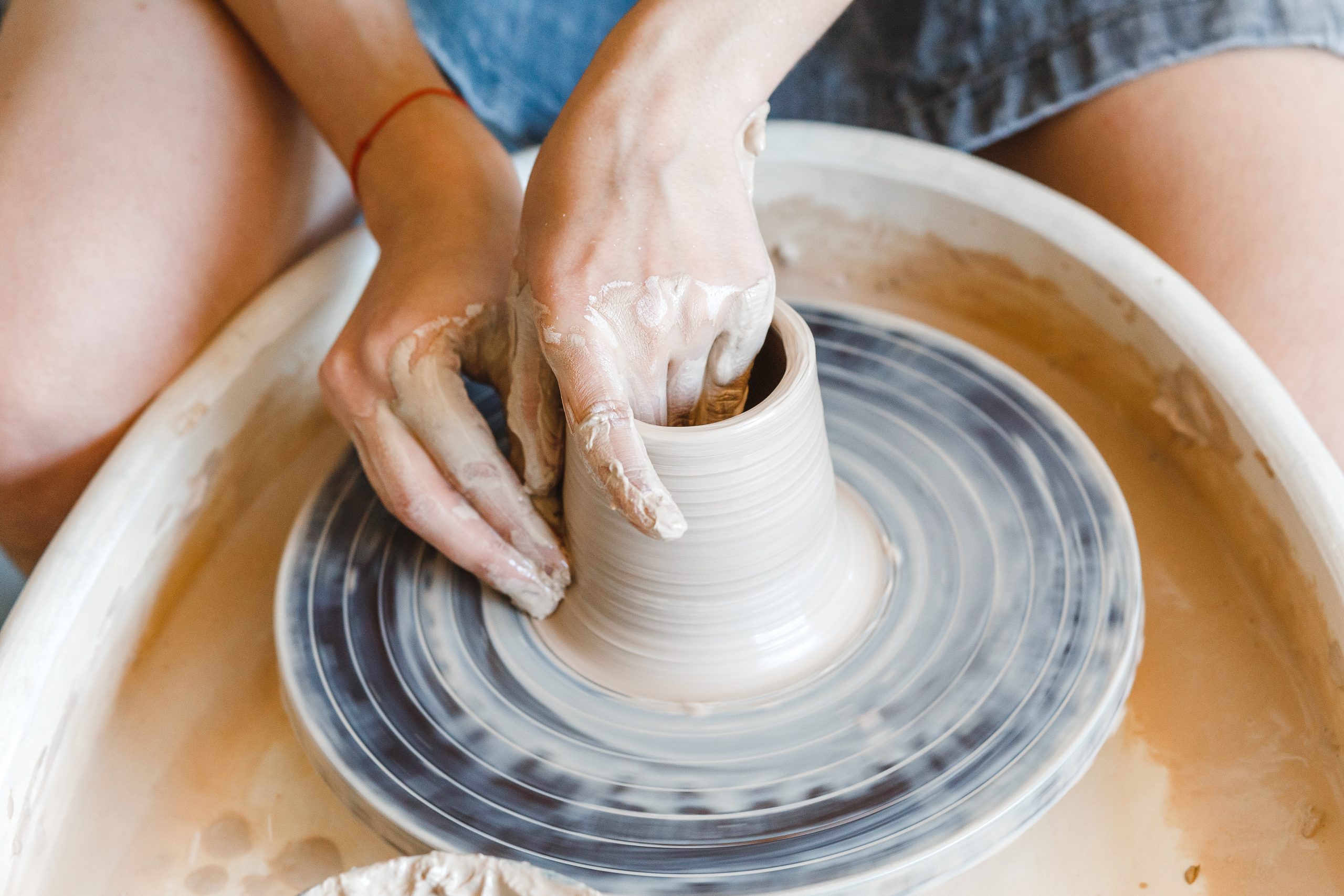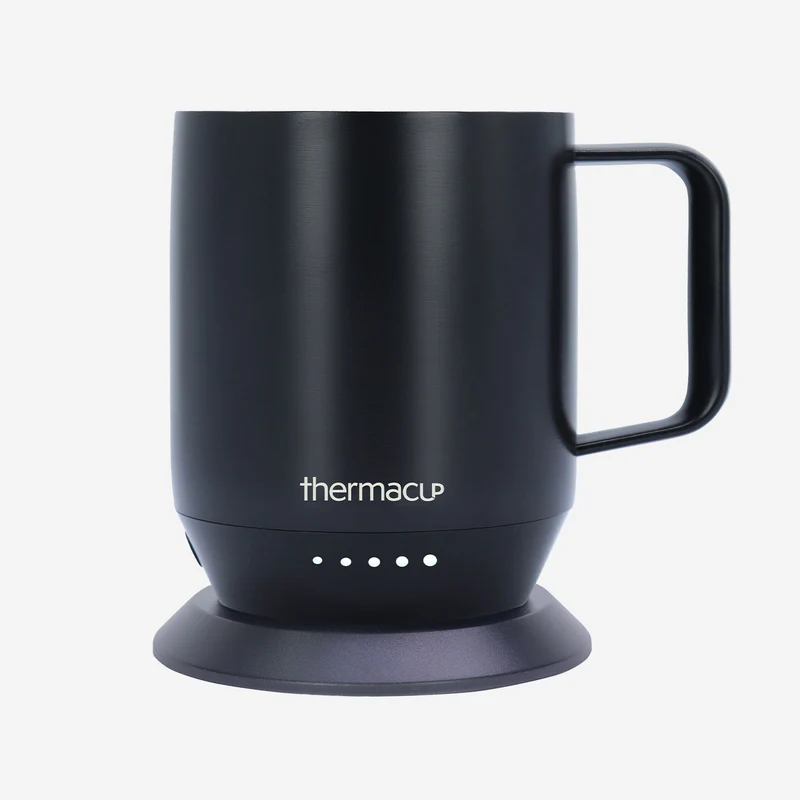How Mood-Boosting Hobbies Transform Your Mind
The Hobby Effect – How Simple Pastimes Transform Your Mind and Mood
Hobbies aren’t just pastimes — they’re life enhancers. From painting and running to gardening and journaling, they nourish creativity, sharpen the mind, and restore balance. This article explores creative, physical, intellectual, and lifestyle hobbies, offering easy steps to begin and insight into how each can enrich your daily life. A fellow blogger and I found hobbies to be positive pastimes for your mind and mood. We’ve collaborated and thought it a good idea to share tips for the hobby effect – How Mood-Boosting Hobbies Transform Your Mind.
Creative Hobbies: Building Something from Imagination
There’s something magical about creating. Whether you’re sketching, crafting pottery, or strumming a guitar, creative hobbies bring a sense of agency and calm.
Why they matter: Creative activities engage the right brain, which governs imagination and emotional processing. They reduce stress and boost problem-solving.
Beginner steps:
- Start small — try a sketchbook, digital art app, or short poem.
- Schedule 20 minutes a week for creativity (consistency over perfection).
- Watch beginner tutorials on platforms like YouTube.
Enrichment payoff: Creative hobbies increase mindfulness, resilience, and even professional innovation. Many entrepreneurs cite art as the key to their best ideas.
Physical Hobbies: Moving Toward Well-Being
Movement-based hobbies keep both body and mind vibrant. Whether it’s cycling, yoga, rock climbing, or dance, physical hobbies translate energy into longevity.
How to begin:
- Find an accessible activity — even walking counts.
- Join local classes through Meetup or fitness apps.
- Pair exercise with exploration: a weekend hike or morning jog in a new neighborhood.
Why it works: Physical hobbies trigger endorphins, regulate sleep, and boost mood. Over time, they become anchors of mental clarity.
Life enrichment: Physical activity builds confidence, discipline, and community — especially when shared in group formats.
Choose the Right Physical Hobby for Your Lifestyle
| Goal | Hobby Type | Beginner Tip | Gear Needed |
| Stress relief | Yoga, Tai Chi | Start with 10 min a day using free online videos | Yoga mat |
| Endurance | Running, Swimming | Track small milestones; focus on rhythm | Good shoes / goggles |
| Social connection | Dance, Hiking Clubs | Join a local class or group hike | Comfortable attire |
| Adventure | Kayaking, Climbing | Learn basic safety first | Helmet, partner gear |
Intellectual Hobbies: Stretching the Mind
Some people rest by thinking deeply. Reading, chess, language learning, or coding are more than cerebral escapes — they rewire your brain for adaptability.
How to start:
- Pick a focus: learn a language or take a writing course.
- Set micro-goals (15 minutes daily is enough to see momentum).
- Keep a “learning log” to track discoveries.
Payoff: Intellectual hobbies train focus and confidence. They also nurture curiosity — the antidote to monotony.
Pro tip: Pair intellectuals with creative outlets. Writing about what you learn reinforces understanding while expressing individuality.
Carry a small notebook or use a notes app to record random ideas. Great insights often strike mid-commute or between conversations. Over time, you’ll build your own “idea archive” — a sourcebook for future creative or professional projects. More tools and resources can be found on sites like Evernote.
Lifestyle Hobbies: Cultivating Everyday Joy
Lifestyle hobbies bring meaning to daily rhythms — cooking, gardening, photography, volunteering, or DIY home projects.
How to get started:
- Pick one aspect of your day that could be turned into a mindful activity from sites like Epicurious.
- Document progress to stay inspired — even small changes create fulfillment.
Why they matter: Lifestyle hobbies slow you down and anchor you in the present. They transform chores into acts of creativity and gratitude.
From Hobby to Career: Turning Passion into Purpose
Some hobbies evolve into life paths. When you fall in love with a skill, you might feel inspired to deepen it through study or entrepreneurship.
If you’re ready to explore your options, going back to school can formalize that transition. For instance, if you start a small business around your hobby, earning a business management degree can sharpen your leadership, operations, and project management skills. Online degrees offer flexibility, letting you balance work, passion, and learning.
Social Hobbies: Shared Experiences, Deeper Bonds
Connection-based hobbies — like book clubs, team sports, or volunteer groups — nurture belonging. Humans thrive on shared purpose, and communal hobbies turn ordinary interests into shared joy.
Start small:
- Join an online or neighborhood club through Reddit Communities.
- Volunteer for something tied to your values.
- Attend workshops that blend learning with social interaction (photography walks, cooking classes).
Life benefit: Empathy, communication, and the simple comfort of community.
FAQ — Common Hobby Questions
How do I find time for hobbies?
Treat them as appointments. Even 15 minutes can reset your energy and focus.
What if I’m not “good” at my hobby?
Skill is secondary; enjoyment and curiosity are the real goals. Progress follows joy.
Can hobbies really improve mental health?
Yes. Studies and real-world experience show that hobbies lower stress hormones and increase happiness through achievement and flow states.
How many hobbies should I have?
Ideally, two: one that relaxes you and another that challenges you.
The Art of Enjoying the Process
Hobbies remind us that not every moment must be productive to be meaningful. Whether you’re cultivating a bonsai, learning guitar, or training for a marathon, the act of doing — not perfecting — is the real reward. The best hobby isn’t the one that makes you money or status; it’s the one that makes you feel more alive.
So go ahead: pick up that paintbrush, lace those sneakers, open that book — and let curiosity lead the way.


